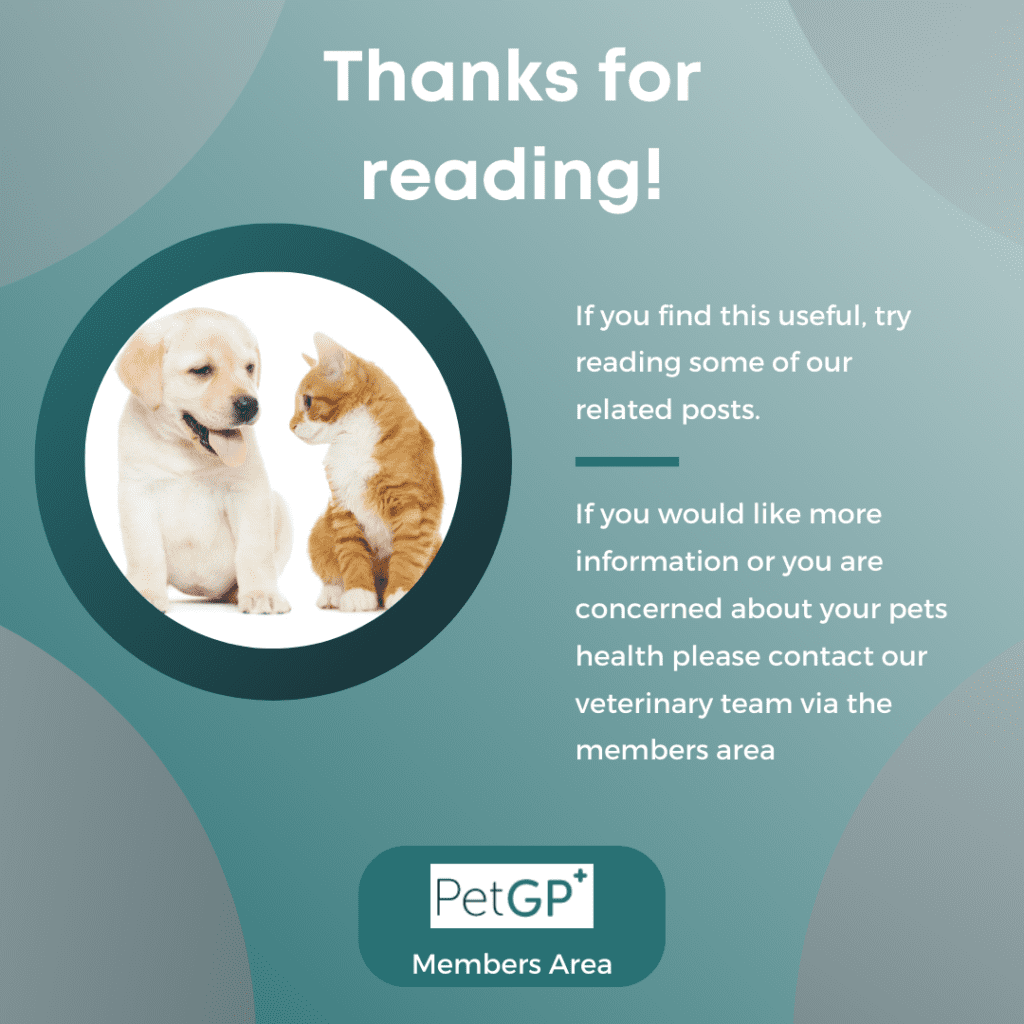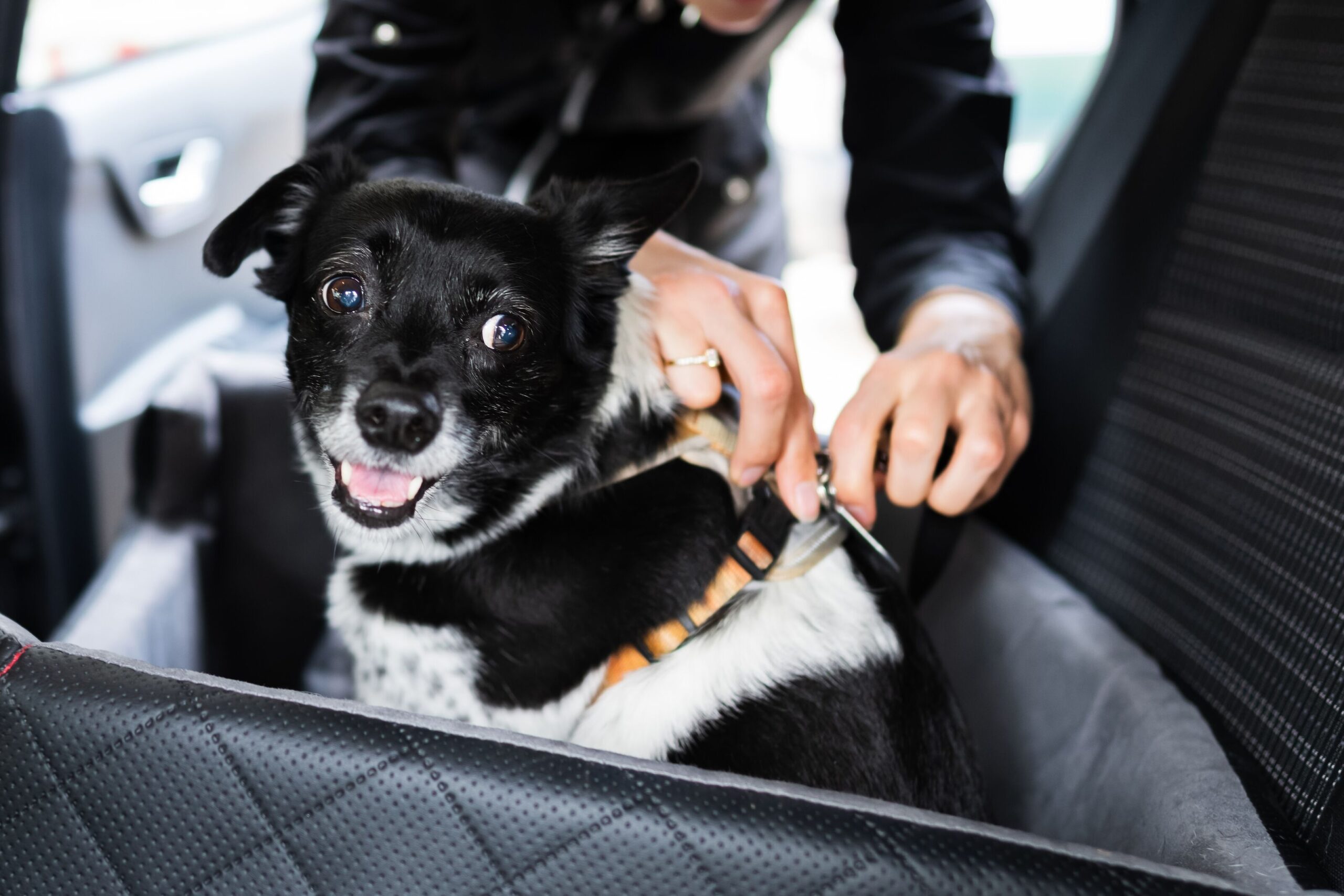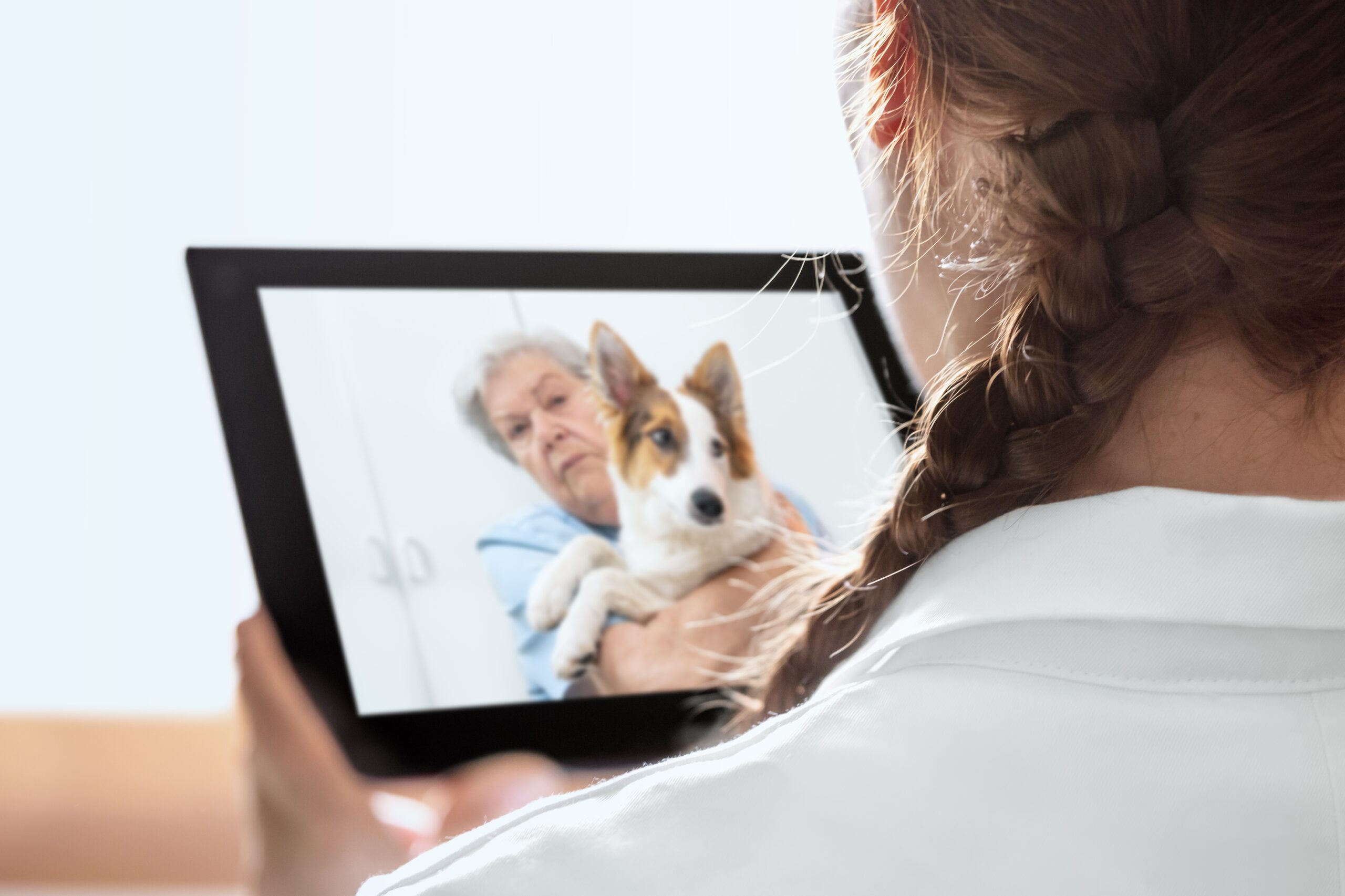Rabies
Rabies is one of those diseases you might have heard of at some point in your time as a pet owner. It is a preventable disease but is still endemic to large parts of the world. Worldwide annually there are more than 59,000 human cases of rabies, almost all of which are within the developing world. In the UK it is extremely rare to encounter human rabies caught in the country. The last case was reported in 1902. Most cases of human rabies in the UK are acquired abroad. This is the same for animal cases with no wild animal reservoirs of rabies in the UK.
The UK currently enjoys a largely rabies free status. With the rise of pet travel, transport, and importation of pets, it’s important to fully understand Rabies and the precautions you can take to keep your pets and family safe.
What is Rabies and why is a concern?
Rabies is a viral disease that affects the central nervous system, the brain and spinal cord. It is found throughout the world except Antarctica, and over 95% of all human deaths occur within Africa and Asia. It is a zoonotic disease, meaning a disease that can be transmitted to humans from animals. This makes it of particular importance for human as well as animal health. Rabies is spread through direct contact with infected tissue or fluids such as saliva. Blood, urine, and faeces are not infectious. Usually, rabies is spread by a bite or scratch from an infected animal. It can however also be spread if an infected animal licks your nose, mouth, eyes, or an open wound.
Rabies is of particular concern in human health as once clinical signs appear it is almost 100% fatal. Dogs are the most common transmitter of rabies to humans. Up to 99% of human cases are linked to dogs. Symptoms of rabies in humans can be varied and general. In the early part of the infection and can include fever, numbness, and pain. As the virus progresses towards the brain and spinal cord, serious and fatal swelling occurs. At this point symptoms include confusion, hallucinations, muscle paralysis and coma. Symptoms can be managed but not cured once they occur. Symptoms in dogs and cats are similar with non-specific signs and behavioural changes initially. These are followed by restlessness, excitability, aggression, and paralysis.
How can I protect my family and pets?
Rabies is preventable using vaccinations. Vaccination is commonly given to at risk humans as a protection measure. This is a course of 3 or 4 injections over a month. However, vaccinations can also be given after a potential exposure. When, combined with antibody treatment and wound cleaning started swiftly after exposure, they can be highly effective.
The incubation period for rabies after exposure varies depending on multiple factors. Examples are location of the bite or scratch and the amount of virus present in the infected fluids. It can range from as little as 1 week up to several months in people. In dogs and cats’ rabies infection follows a similar pattern. The incubation period can vary from 3 to 12 weeks. Rabies vaccination can be given to pets. It is a highly effective method for protecting your pet and human health. Rabies vaccination in dogs has shown to be around 95% effective at preventing rabies infection.
Pet Travel
If you are planning to travel with your pet, then talk to your vet regarding vaccination needs and recommendations. If you or your family are travelling to a high-risk area, then speak to your doctor about your own vaccination recommendations. The UK government and Public Health England publish guidance for travellers on Rabies risk and recommendations. It’s always advisable when travelling to avoid contact with unknown animals. If you are travelling with children make sure they are aware of potential dangers. Children are often the most at risk due to their likelihood to touch and play with animals. Seek immediate medical advice locally if you have been bitten, scratched or licked by an animal in rabies risk areas.





